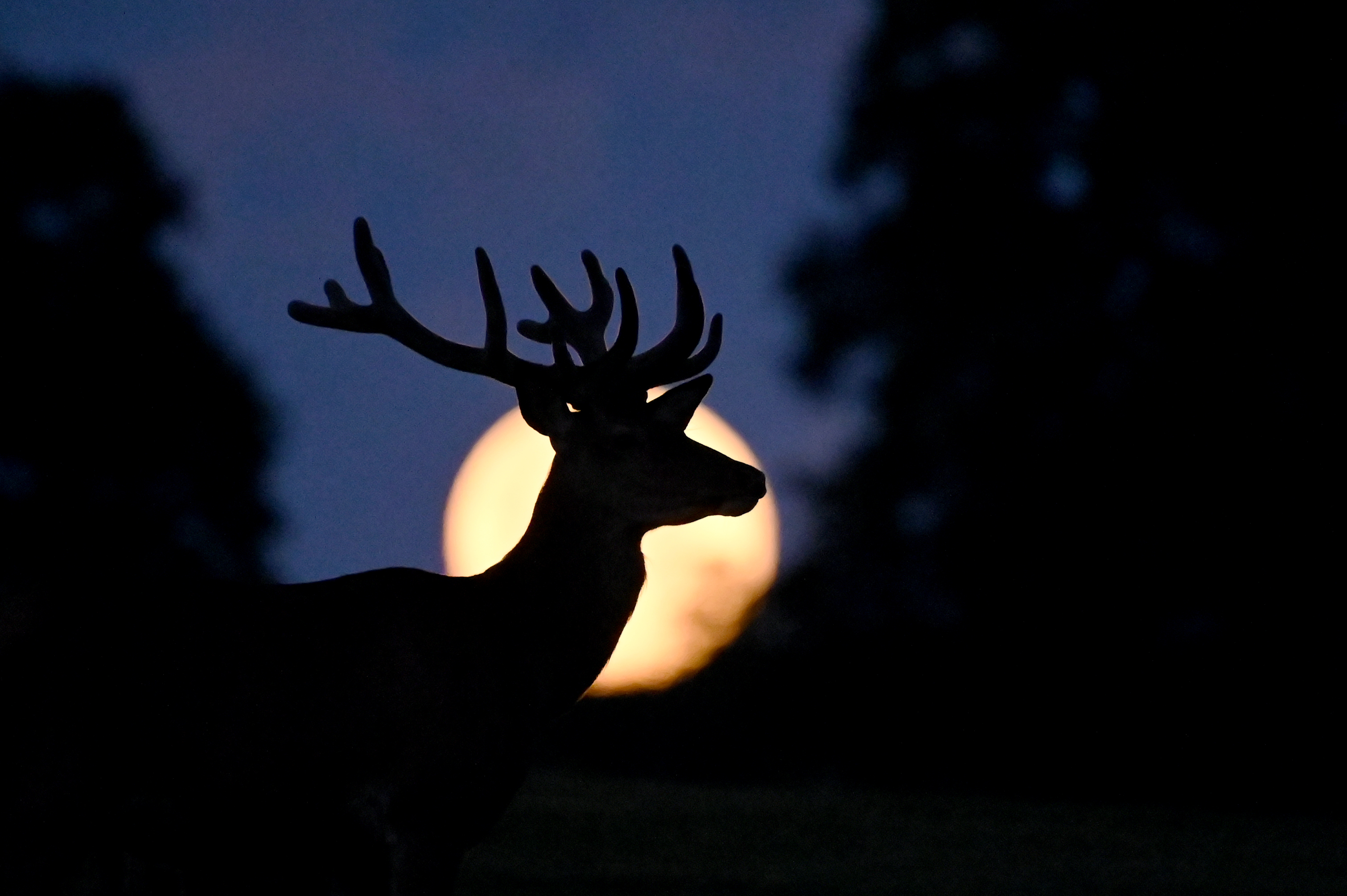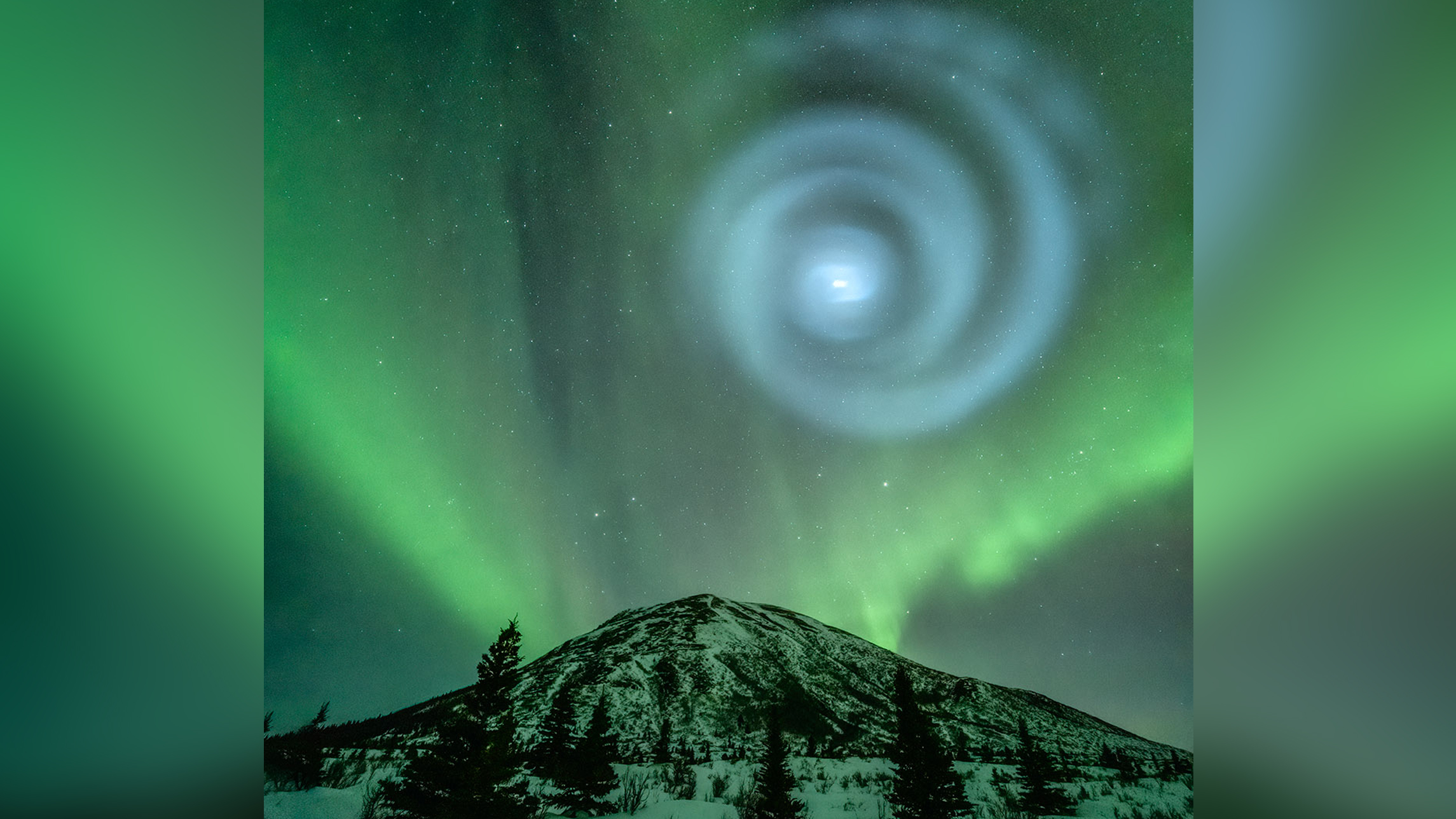A solar storm forecast for Thursday is expected to give skygazers in more than a dozen American states a chance to glimpse the Northern Lights, the colorful sky show that happens when solar wind hits the atmosphere.
Northern Lights, also known as aurora borealis, are most often seen in Alaska, Canada and Scandinavia, but an 11-year solar cycle that’s expected to peak in 2024 is making the lights visible in places farther to the south. Three months ago, the light displays were visible in Arizona, marking the third severe geomagnetic storm since the current solar cycle began in 2019.
The Geophysical Institute at the University of Alaska at Fairbanks has forecast auroral activity on Thursday in Canada and a number of U.S. states, including New York.
So where will the natural phenomenon be visible from? While New York City would technically be far enough north for the lights to likely be seen, chances are there will be far too much light pollution in the city in order to see much. Going into rural or more isolated areas in Upstate New York could help get even better looks at the lights. Assuming it's a clear night without clouds, of course.
The National Oceanic and Atmospheric Administration’s Space Weather Prediction Center said people wanting to experience an aurora should get away from city lights and that the best viewing times are between 10 p.m. and 2 a.m. local time.
Get Tri-state area news delivered to your inbox. Sign up for NBC New York's News Headlines newsletter.
Northern Lights occur when a magnetic solar wind slams into the Earth’s magnetic field and causes atoms in the upper atmosphere to glow. The lights appear suddenly and the intensity varies.
A geomagnetic index known as Kp ranks auroral activity on a scale from zero to nine, with zero being not very active and nine being bright and active. The Geophysical Institute has forecast Kp 6 for Thursday’s storm.



